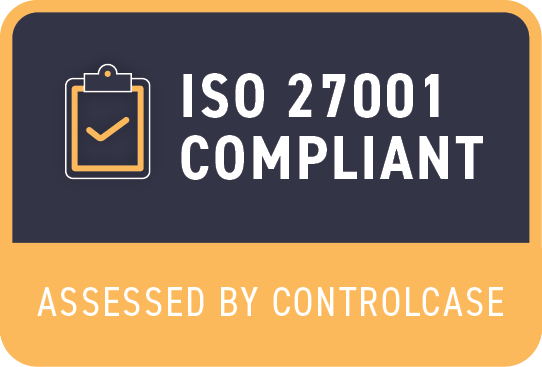On July 4th, 2025, the One Big Beautiful Bill Act (OBBBA) significantly expands IRC Section 1202 and how it is utilized. This provision allows individuals (and certain trusts) to avoid paying taxes on up to 100% of the taxable gain recognized on the sale of qualified small business stock (QSBS).
Keep reading to discover how this expansion impacts larger corporations, capital gain exclusions, and the holding period for QSBS shares.
Where We Were Before the OBBBA
- The size of the corporations eligible to issue QSBS was $50 million of gross asset value or less.
- The maximum gain excluded on the sale of QSBS was capped at $10 million or 10 times the adjusted basis of the stock.
- QSBS had to be held for 5 years.
How the OBBBA Impacts IRC Section 1202 After July 4, 2025
Larger Corporations Can Now Issue QSBS
The gross asset value test has increased from $50 million of gross asset value to $75 million of gross asset value, with future adjustments for inflation.
Example: A software artificial intelligence company raises $80 million on July 5, 2025. The corporation then spends $50 million on research and development (now eligible to be expensed under Section 174A of the OBBBA). The corporation’s aggregate gross assets would be $30 million on January 1, 2026, allowing it to raise up to an additional $45 million in capital in 2026 without losing QSBS status.
Higher Capital Gain Exclusion
The maximum capital gain excludable from the sale of QSBS has increased from $10 million to $15 million, which will also be adjusted for inflation going forward.
The alternative cap, calculated as 10 times the adjusted basis in the QSBS stock, is still available and was not changed by the OBBBA.
Example: A taxpayer purchased QSBS stock for $2 million on August 1, 2025, and sold the stock for $20 million on August 1, 2031. The entire $20 million (10 x $2million) would be eligible for exclusion and there would be no federal tax on the gain.
Shorter QSBS Holding Periods
QSBS shares acquired after July 4, 2025, can now be sold in tiers:
- 3 year holding period: 50% gain exclusion
- 4 year holding period: 75% gain exclusion
- 5 year holding period: 100% gain exclusion
It’s important to note that selling in an earlier “tier” can bring the 28% capital gains tax into play.
Example: A taxpayer acquires QSBS stock on December 31, 2025, in exchange for services (stock basis zero). On January 1, 2030, the taxpayer sells the stock for $30 million. The taxpayer will be able to exclude $11.25 million of the capital gain (75% of $15m, assuming zero inflation) and pay 28% in capital gains tax on the $3.75 million not excluded, and 20% in capital gains taxes on the remaining $15 million.
What Does This Mean for Business Owners?
Over the past few years, we have seen an uptick in the number of owners we have advised using IRC Section 1202 to exclude gains on the sale of their businesses. This may be due, in part, to the beneficial corporate income tax rates created by the Tax Cuts and Jobs Act of 2017, as well as more owners choosing the C Corporation business structure for tax purposes.
We expect that with the expansion of entities that qualify as qualified small businesses, an increased gain exclusion, and shorter holding periods, this trend will continue. Tax planning for any business entity should include its entire life cycle, which inevitably includes an owner’s exit, so don’t overlook IRC Section 1202. It might just be right for you!
Need Help Navigating These Changes?
Our Tax team is closely monitoring the new guidance and implementation details put in place by the OBBBA. If you have questions about how these updates may affect your business or personal tax planning, we’re here to help.
Contact our team today if you have any questions about IRC Section 1202 or want to speak with a tax professional.





